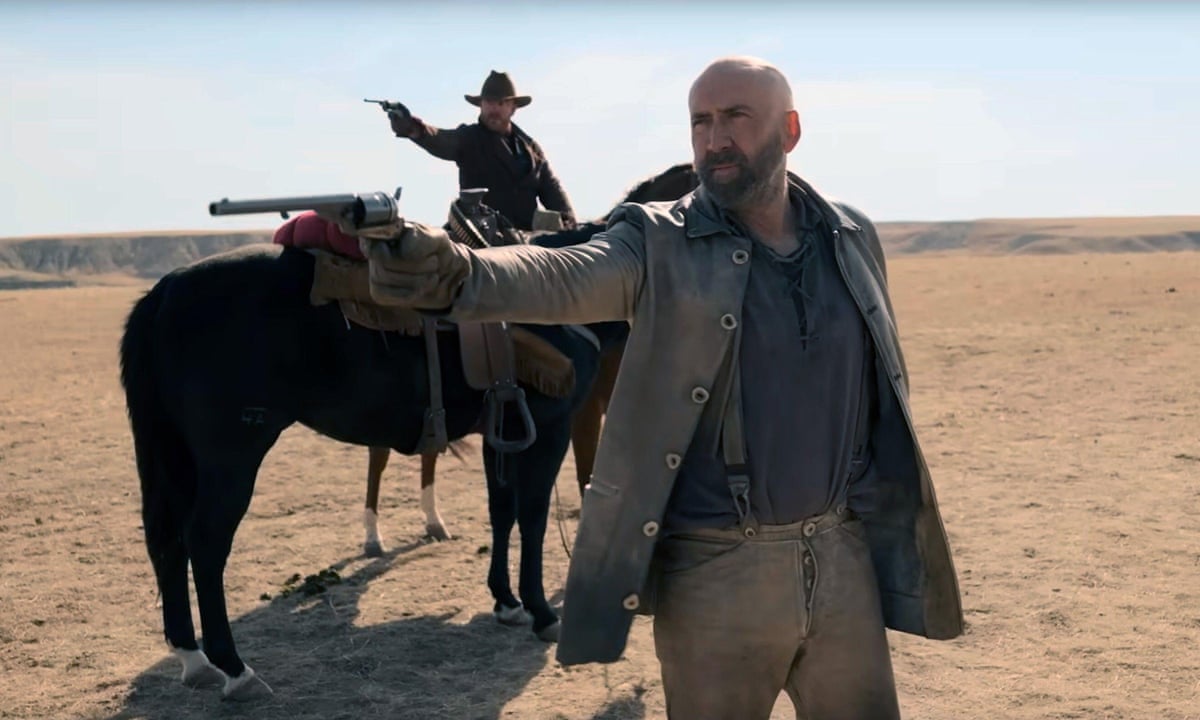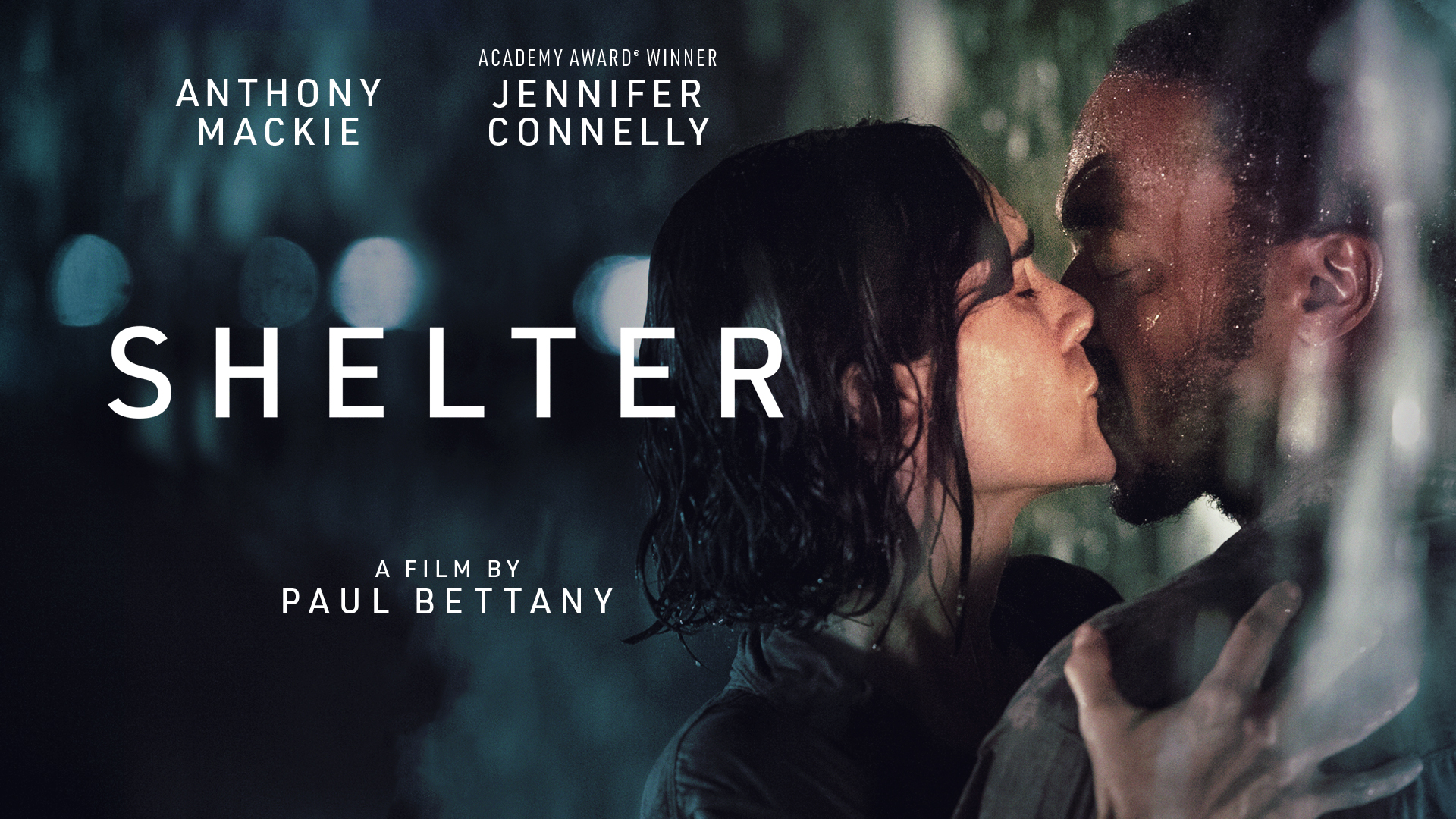Article: – A Brutal Journey into the American Wilderness
Butcher’s Crossing (2022), directed by Gabe Polsky and based on the 1960 novel by John Williams, is a raw and meditative Western that explores the dark underbelly of the American frontier. Set in the 1870s, the film strips away the romanticism of the Old West and replaces it with a haunting portrait of obsession, brutality, and man’s destructive relationship with nature. Featuring a standout performance by Nicolas Cage, Butcher’s Crossing is a film that lingers in the mind, challenging the myths of conquest and progress that have shaped American history.
The story follows Will Andrews (Fred Hechinger), a young Harvard dropout searching for meaning and authenticity in a world he feels disconnected from. He travels west to the small frontier town of Butcher’s Crossing, where he meets Miller (Nicolas Cage), a seasoned and slightly unhinged buffalo hunter who promises him an expedition like no other. Captivated by Miller’s confidence and the allure of the untamed wild, Will funds a dangerous hunting trip into a remote Colorado valley said to be untouched by man and overflowing with buffalo.

What begins as a grand adventure soon devolves into a harrowing survival tale. The group, consisting of Miller, Will, and two hardened frontiersmen, travels deep into the wilderness, where they are consumed not only by the physical demands of the hunt but by their own psychological unraveling. The initial thrill of slaughtering hundreds of buffalo turns into an obsessive, almost religious frenzy, especially for Miller, who becomes fixated on exterminating every last animal in the valley. As the season turns and a brutal winter descends, the hunters find themselves stranded, starving, and driven to the brink of madness.
Nicolas Cage delivers a chilling performance as Miller—part prophet, part madman—who personifies the destructive ambition of man. His presence is commanding and unsettling, portraying a man who has long since lost his moral compass in the pursuit of dominance over nature. Fred Hechinger, as Will, serves as the audience's moral anchor. Through his eyes, we witness the transformation from awe and wonder to horror and regret, as he realizes that his romantic dreams of frontier life were naive and dangerous illusions.

Visually, Butcher’s Crossing is stunning. Cinematographer David Gallego captures the grandeur and desolation of the American wilderness with sweeping shots of golden plains, snow-capped mountains, and blood-soaked battlefields of dead buffalo. The contrast between the natural beauty and the violent acts committed within it serves as a powerful commentary on the cost of human greed.
At its heart, Butcher’s Crossing is not just a Western—it is a philosophical critique of manifest destiny and the exploitation of nature in the name of progress. It raises difficult questions about humanity’s place in the natural world and the psychological cost of seeking meaning through domination and violence.

In conclusion, Butcher’s Crossing is a haunting, slow-burning, and deeply thought-provoking film. It’s not a traditional action-packed Western but a brutal character study wrapped in the harsh realities of frontier life. With powerful performances and a sobering message, it challenges viewers to reconsider what lies beneath the myths of the American West.
-1751858002-q80.webp)
